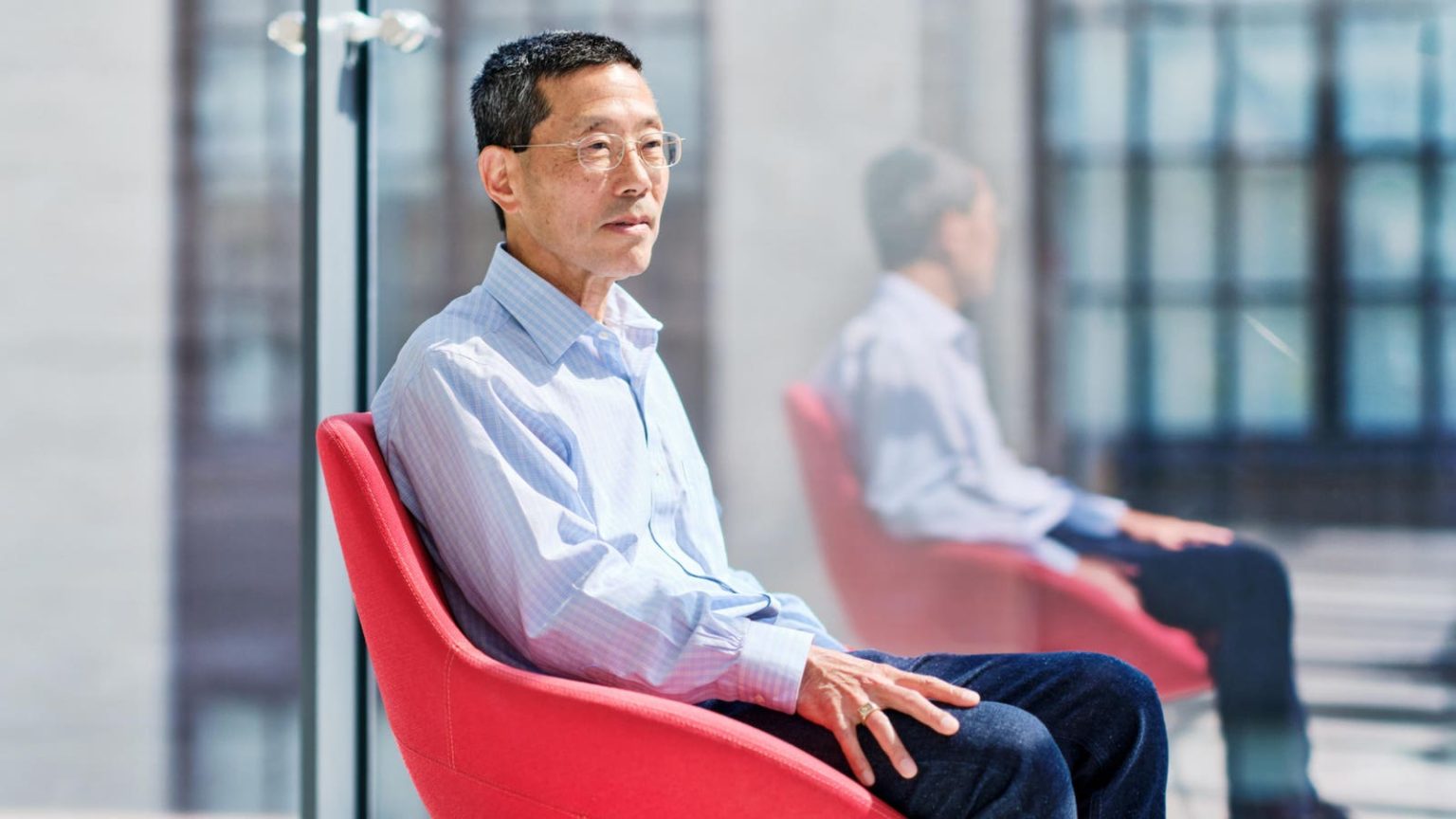Yet-Ming Chiang, a professor at the Massachusetts Institute of Technology, has been using his research in materials science to create startups focused on energy and sustainability, with the goal of combating the climate crisis. He has cofounded 10 companies, including Form Energy, which is working on iron-air batteries, and Sublime Systems, focused on low-carbon cement. His startups have raised over $2.5 billion to develop green and low-carbon technologies.
Chiang’s interest in climate change was sparked by his observations while fishing in New England waters, where he noticed tropical fish appearing in areas they don’t belong due to warming temperatures. This experience led him to dedicate his research to address climate and sustainability issues. His research group at MIT focuses on these topics, with a particular emphasis on developing technologies to reduce greenhouse gas emissions.
Having been involved in energy-related research since his high school years during the 1970s energy crisis, Chiang has launched multiple startups working on various technologies, including batteries, cement, and electric aircraft engines. His first battery company, A123 Systems, experienced both success and challenges, ultimately filing for bankruptcy in 2012 before emerging under Chinese ownership. Despite this setback, Chiang considers it a success due to the lasting impact of the technology developed there.
In his latest venture, Sublime Systems, Chiang is tackling the emissions produced by the cement industry, a major contributor to greenhouse gas emissions. The company’s electrochemical process aims to replace traditional high-temperature kilns used in cement production, significantly reducing CO2 emissions. Chiang’s approach to innovation involves starting with a problem and working backward to find solutions, leading to a diverse portfolio of impactful technologies.
Chiang’s recent focus has shifted to critical minerals, particularly exploring environmentally friendly alternatives to current mining and extraction processes. He believes that decarbonization presents an opportunity to reinvent long-standing industries and technologies, with the potential to make a significant impact on reducing emissions. His new ventures include companies working on lithium extraction from hard rock and geologic hydrogen as a carbon-free energy source.
As the urgency of the climate crisis grows, Chiang remains optimistic about the potential for technological solutions to address the challenges of decarbonization. With a commitment to innovation and sustainability, he continues to lead the way in developing cutting-edge technologies that have the potential to transform industries and reduce greenhouse gas emissions.


